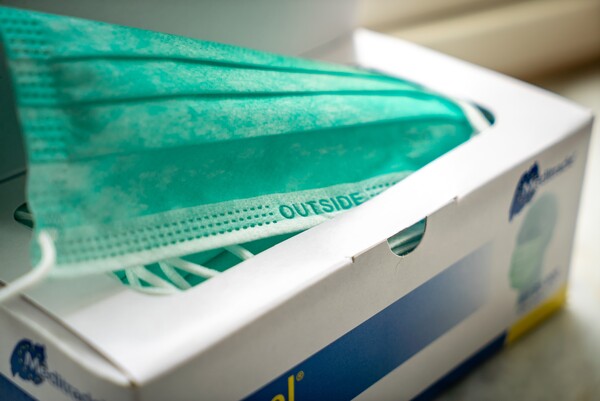The South Korean government declared the termination of indoor mask mandate from January 30th

[Photo credit to Unsplash]
The South Korean government declared the termination of the indoor mask mandate to begin on January 30th, one of the country’s remaining major pandemic regulations, on January 20th.
Masks will no longer be mandatory indoors beginning January 30th, except in hospitals, pharmacies, and on public transportation.
The government claimed the decision was made because, in winter, the increase in COVID-19 cases is on the wane, and the broader pandemic situation is under control.
Jee Young-mee, the commissioner of the Korean Disease Control and Prevention Agency, declared, “There is a possibility of an increase in cases as a result of altering the mandatory mask regulation, however considering the current situation, we do not predict a significant increase in COVID-19 cases.”
South Korea was the world’s last developed country to declare mandatory mask regulation.
The United States started to wear masks on April 3rd, 2020, while South Korea began to wear masks on October 12th, 2020.
South Korea is one of just a few countries that still expect masks to be worn in every public situation.
According to a recent poll, 66% of South Koreans responded that they would continue wearing masks even when the mandate is abolished.
Several polls show that manySouth Koreans do not expect a circumstance in which masks are not required.
Additionally, many locals in Seoul - the capital city of South Korea - the highly populated metropolitan area where about half of the population live- say they oppose repealing the mask mandate.
Masks have become an accepted element of daily life in Seoul, not just in busy indoor settings.
While walking outside, most of the public wear masks even; when many people wear masks even when driving alone or walking on empty streets.
This phenomenon shows that masks are a dependable element for South Koreans not to get COVID-19.
The majority of the public believes there is no advantage to terminating the mask regulation if they must put it back on for public transportation.
It is also regarded as a common courtesy to prevent others from getting sick for those with weakened immune systems or someone vulnerable to infection.
Some argue that they understand why people want to remove their masks after wearing them for so long, but it would still be risky to take masks off indoors.
One of the main reasons South Korea was able to escape the level of mass COVID-19 morality compared to other nations while also avoiding significant lockdowns is because of the widespread use and awareness of wearing masks.
Other factors include social distancing, a cost-effective national health care system, and the nation’s quick and efficient contact tracking system, which was enforced later than masks.
On January 29th, South Korea had 18,871 new patients with COVID-19.
It has increased by 2,000 from a week ago and decreased by 13,000 from 2 weeks ago, which shows that it is on the decline.
As the government announced, cases of COVID-19 are decreasing.
Meanwhile, the government said it would discuss further lifting the indoor mask mandate if the disease level is lowered to either "attention" or "caution."

- Jisu Park / Year 10
- North London Collegiate School, Jeju

![THE HERALD STUDENT REPORTERS [US]](/assets/images/logo_student_us.png)
![THE HERALD STUDENT REPORTERS [Canada]](/assets/images/logo_student_ca.png)
